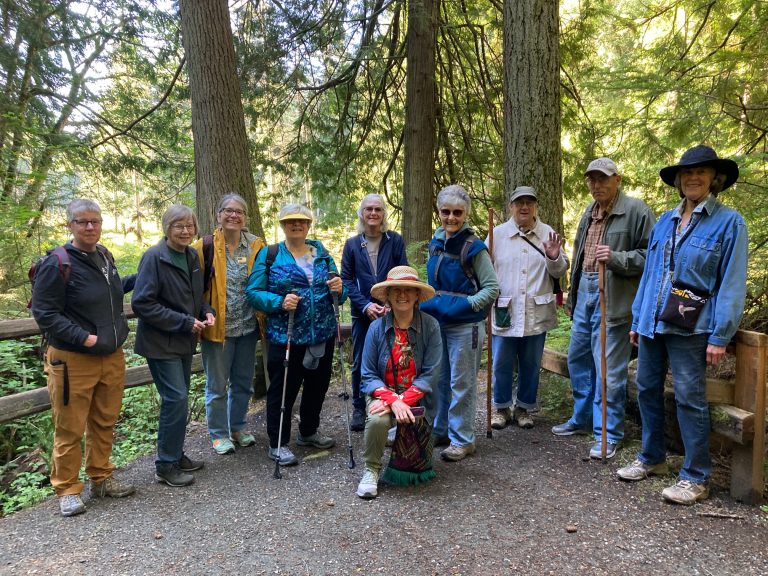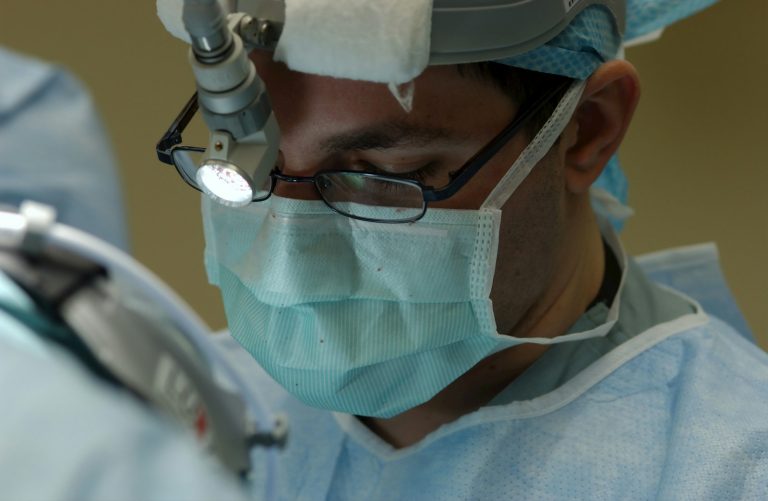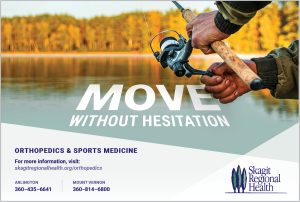Speech Therapy – Not Just for Speech is contributed by Libby Lewis, Owner, Breakthrough Speech. This article is published in the Spring/Summer, 2024 Edition of Vibrant Senior Options Resource Guide Magazine.

“My speech is fine. Why am I seeing a Speech Therapist?” A referral to Speech Therapy sometimes prompts this question. Yes, Speech-Language Pathologists (SLPs) do help people speak better… and so much more!
Speech Therapy addresses challenges in speech, communication, cognition, voice, and swallow safety. Changes may happen suddenly, for example from a stroke, traumatic brain injury, or surgery. Other times, change is gradual, such as from a disease process or long-term misuse of the voice.
SLP assessments identify areas of both strength and impairment. Treatment may include physical or cognitive exercise, external tools to support function, or strategies to improve safety or compensate for loss. Patient/family education and care team collaboration are also critical components of therapy.
Areas of Speech Therapy
Speech Articulation: Improving Speech Clarity
Difficulty articulating words can happen when the muscles used for speech lose strength or coordination, or if nerve damage prevents the brain and mouth from working together. Impaired speech may sound slurred, halting, or mumbled. If someone is no longer able to speak, SLPs can recommend alternative forms of communication.
Language: Reduce Miscommunications and Frustration
At the core of communication, language skills allow us to access words and put them into meaningful spoken or written messages, and to understand speech and text. Speech Therapy can reduce miscommunications and frustration caused by language impairments.
Voice: Vocal Strengthening and Rehabilitation
Voice treatment may improve vocal quality, volume, and stamina. It targets improving performance for public speakers and singers and preventing or recovering from vocal cord damage.
Cognitive Communication: Sharpening Thinking Skills
Speech-Language Pathologists help treat cognitive changes in memory, attention, orientation, and executive functions (the ability to problem-solve, organize, and fulfill plans, etc.). In addition to dementia, cognition can change from sudden injury to the brain, effects from disease, medication effects, age, and limited brain stimulation (think “use it or lose it”).
Swallow Safety: Increasing Safety for Hydration and Nutrition
Like with speech, swallow muscles can lose strength and coordination, and nerves can be damaged, making swallowing difficult and unsafe. Structures may change from effects of cancer or radiation. When things “go down the wrong pipe,” SLPs offer guidance to maintain safe hydration and nutrition.
Client Care and Training for Family Caregivers
At Breakthrough Speech, our SLPs provide evidence based, high quality care to adults in each of these areas to promote safety, independence, and quality of life. We not only treat individuals, but provide family and caregiver training for how best to support their loved ones.
In-Person and Tele-Therapy Options
In-person assessment and treatment is available at our Anacortes office. For those in remote locations, we offer treatment via tele-therapy. We accept Medicare and some commercial insurances. We welcome the opportunity to serve you.
Libby Lewis, Speech Language Pathologist
Breakthrough Speech
Contact Breakthrough Speech
Website
Address:
1809 Commercial Ave. #206
Anacortes, WA
Phone
360-230-8010





















